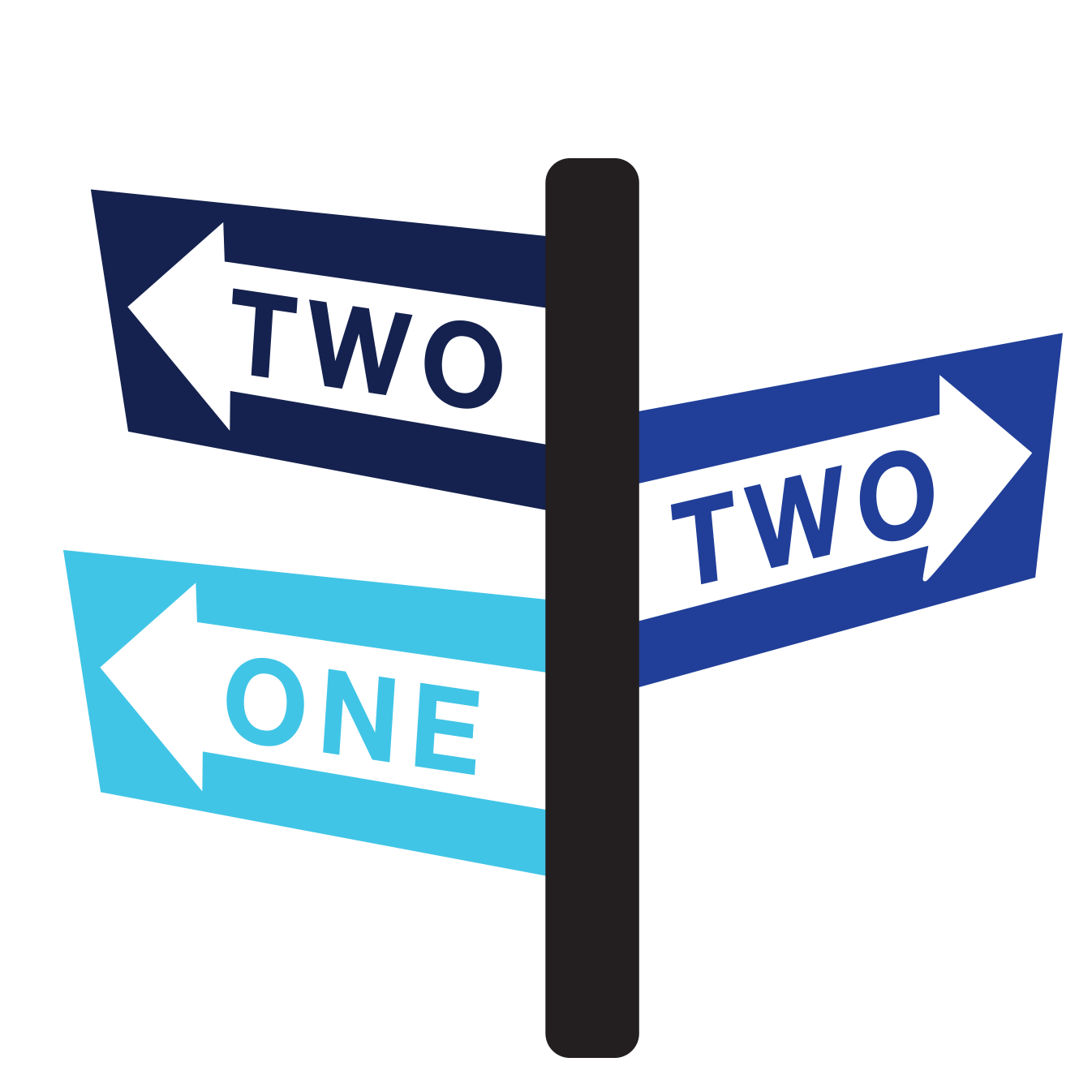Mapping out Growth: My College Expedition
By Peter Bruno
In my years of adolescence, I was never one to receive many favors. I have always had an independent mindset and sought to complete my endeavors without outside help. I realized very early on in life that I was not going to be one to receive major financial support from my parents. My father was an artist, and my mother was a homeschooling mom. The burden of raising six children on an artist’s salary did not make their job as parents easier. I got my first job when I was 14 years old and steadily worked all the way through high school. I enjoyed having my own income, and the feeling of self-reliance that resulted from it. Because of this, I developed a very independent attitude toward all my endeavors, whether it was school, work, or extracurriculars.
I carried this independent attitude with me during my first year of college. Anything I did, I wanted to do it by myself. At the time, I naively thought this to be a noble attitude, a sign of strength in character. I did not seek outside help for my classes or develop any new meaningful relationships. I was living a semester of solitude, lonely and uncaring due to my own ignorance. I started working part-time at the very beginning of my first semester while maintaining a full-time course load. However, it was clear I could not effectively juggle work and school; I finished my first year with a GPA too low to keep my scholarship. That following summer, I had time for reflection; realizing the importance of having a support system to help navigate life as a busy university student. Early in my sophomore year, a co-worker of mine reached out and asked if I would join his weekly bible study group, to which I said yes. It wasn’t until much later that I realized how impactful that simple act of support was on my life. He recognized my lonely independence, and he offered me an avenue to escape it.
Following this, I made sure to develop relationships with my classmates and to seek help with my courses whenever needed. I significantly improved my performance in my classes while igniting a passion for critical thinking and the study of philosophy. I began to think about how philosophy has been used over time to develop political systems, triggering my desire to learn more about political science. I picked up political science as a second major and developed a strong interest in the subject. While pursuing my political science and philosophy degrees, I revived the philosophy club on campus, serving first as secretary, and then as vice president. As vice president of the philosophy club, it was my job to facilitate quality conversation and debate at each meeting. This vastly improved my skills in critical thinking, argumentation, and coordination. I eventually organized another bible study group with my church, and I also began to work part-time again, this time successfully managing work and school. I was no longer alone on my journey through college, but rather I was the beneficiary of various communities.
All the outside support I have received in recent years has been an inspiration to me. It has shown me that, those who make sacrifices to help improve their relationships with others and their communities, those who make the even smallest effort to help others succeed, are the ones to whom I owe a debt of gratitude. I now aspire to be one of those individuals, who will go out of their way to help others and to improve their community. This is why I believe the field of law is right for me. Although there are so many ways a lawyer can make a positive impact, I am most interested in criminal defense. I had the pleasure and opportunity to take a 1L criminal law course at the LSU Law Center as an undergraduate, and upon finishing the course, I gravitated strongly toward the field. As an aspiring criminal defense attorney, I will have the opportunity to protect the rights of others, especially those who may have been wronged by the criminal justice system. I want to offer my support and services to those who need it. Just like others have supported me, I want to support others.
Meet Peter Bruno


